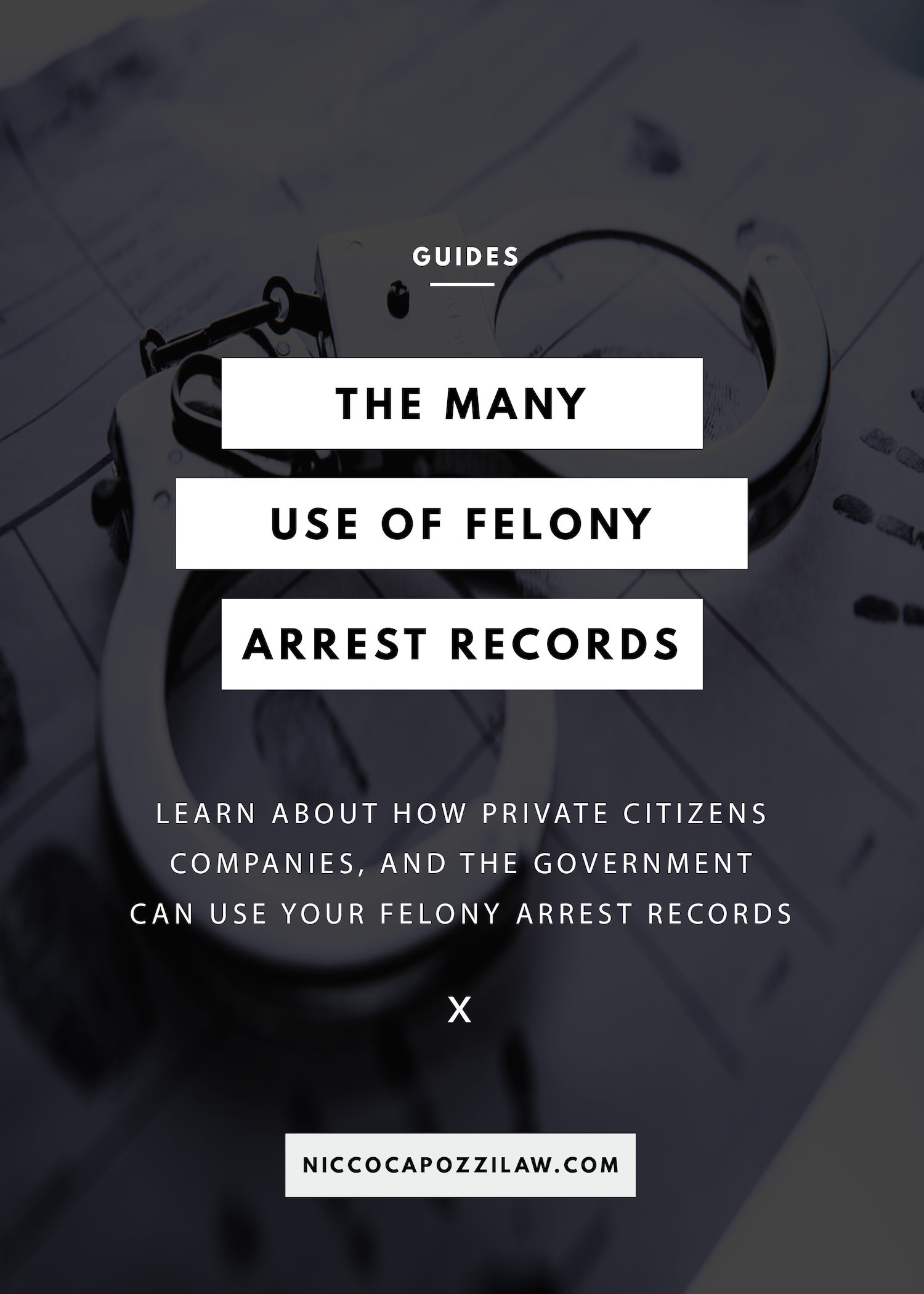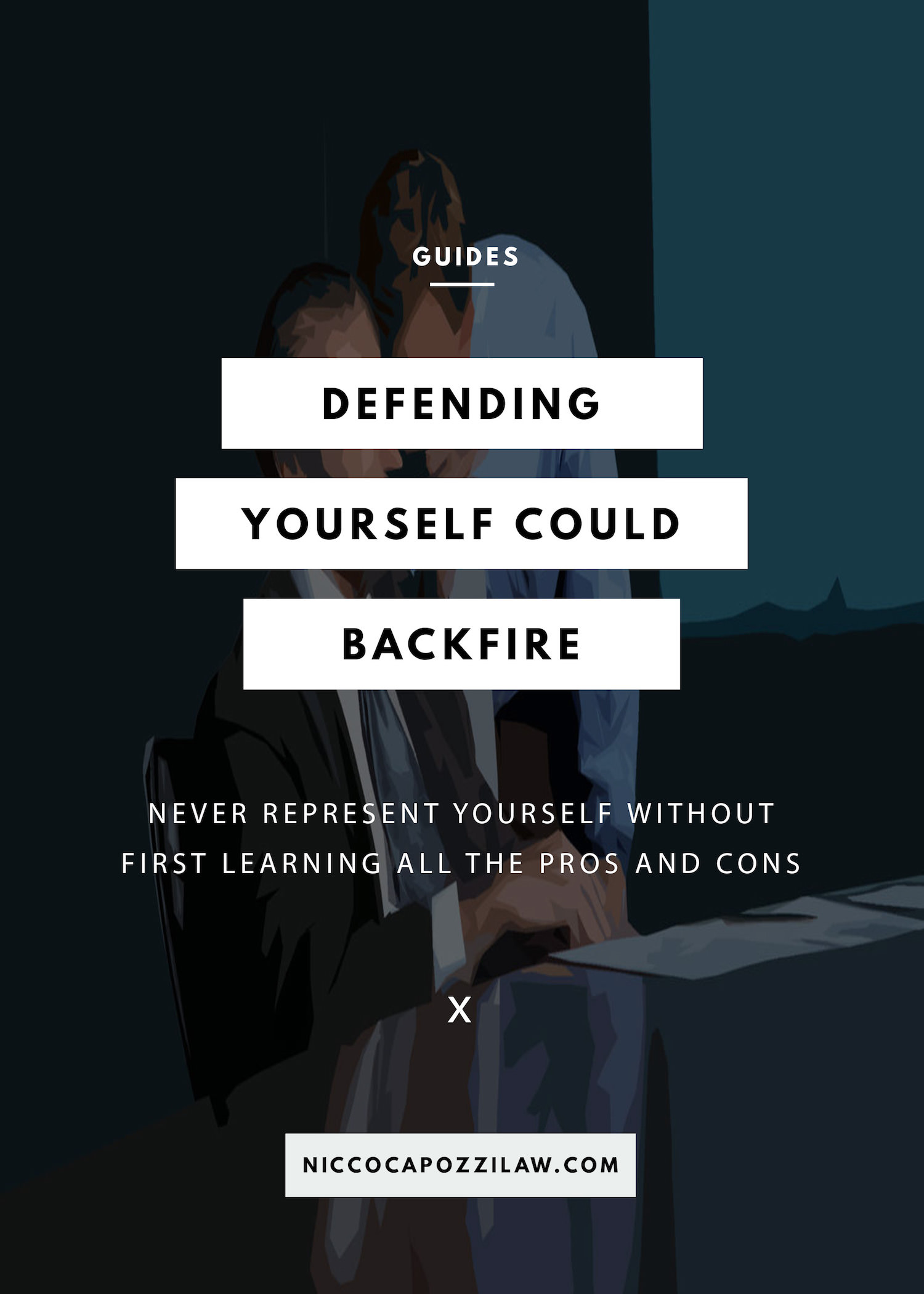When to Stop, Give Info or Render Aid After an Accident
Auto accidents can be scary, especially if drivers aren't sure what to do after a collision, and state laws vary regarding mandatory procedures after an accident. In most cases, drivers are required to stop, give information and render aid if they hit a pedestrian or vehicle. Drivers may also need to stop if they hit an animal.
What is a hit and run?
In most states, drivers are required to stop as soon as they realize they have hit a person or damaged property. If a driver does not stop at the scene of an accident, it can be considered a hit and run.
Hit and run is a serious crime that's punishable by jail time in many states, especially if someone is seriously injured or dies at the scene. In some states, drivers may also be required to notify the police if they damage property.
An accident is considered a hit and run if:
- The driver continues driving instead of stopping to exchange information with the other party.
- The driver does not leave a note with his or her insurance information after hitting a parked vehicle.
- The driver leaves without rendering aid to injured parties.
- The driver leaves without talking to police officers who may arrive on the scene.
Rendering aid
Drivers are required by law to render aid to injured persons and, in many cases, animals. Rendering aid means assisting to the best of one's ability.
- Call 911 if there are any injuries after an accident.
- Do not move an injured person unless the vehicle is on fire. Moving an injured person can make injuries worse, but drivers should attempt this if the person's life is in danger.
- Perform CPR or other lifesaving measures, if qualified. Drivers are required to do what they can, but they should not attempt CPR if they're not trained.
Depending on state laws, drivers may be required to call the police themselves after an accident. They must also file an insurance report. To be safe, drivers should always stop after a suspected accident, give insurance information to other involved parties, and report the accident to insurance. Failure to comply can result in a fine of up to $10,000 in some states, as well as possible jail time.






